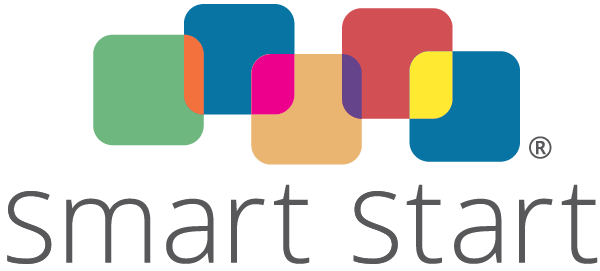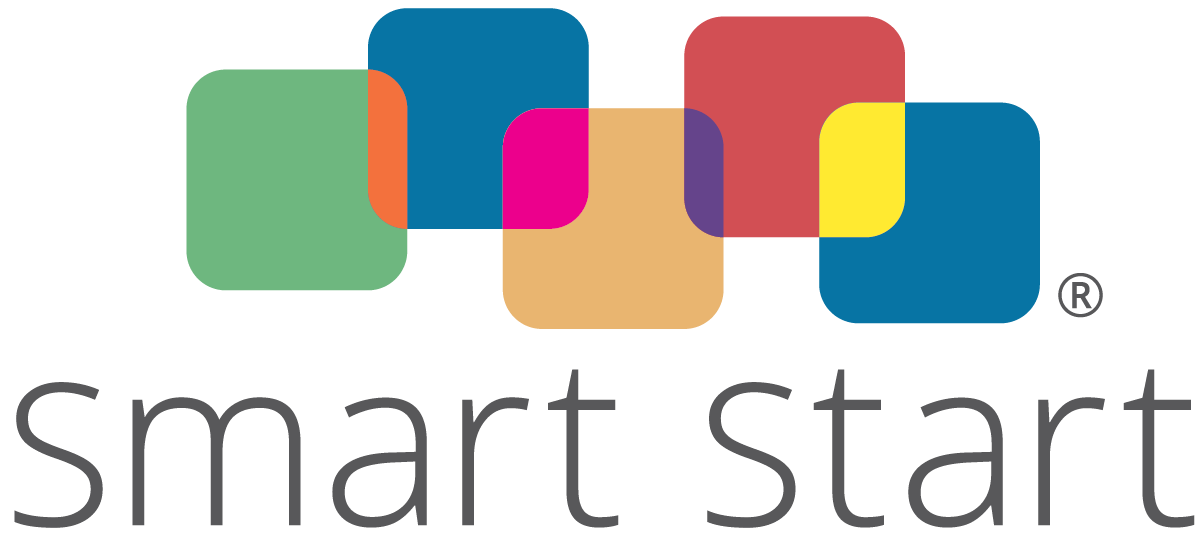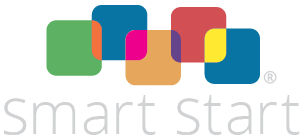A New Bill Would Help N.C. Children and Families Recover from COVID-19 Challenges
 New bipartisan legislation introduced in the General Assembly would provide tools and support to help North Carolina children and families recover from the ongoing challenges caused by the COVID-19 pandemic. House Bill 262, Smart Start Funds, was introduced this week by Representatives Donny Lambeth (R-Forsyth), Donna White (R-Johnston), Larry Potts (R-Davidson) and Gale Adcock (D-Wake). It would provide $30 million in additional state appropriations and leverage the statewide Smart Start network to help parents afford child care, improve young children’s health, strengthen the quality of child care and support early literacy.
New bipartisan legislation introduced in the General Assembly would provide tools and support to help North Carolina children and families recover from the ongoing challenges caused by the COVID-19 pandemic. House Bill 262, Smart Start Funds, was introduced this week by Representatives Donny Lambeth (R-Forsyth), Donna White (R-Johnston), Larry Potts (R-Davidson) and Gale Adcock (D-Wake). It would provide $30 million in additional state appropriations and leverage the statewide Smart Start network to help parents afford child care, improve young children’s health, strengthen the quality of child care and support early literacy.
The bill recognizes that families have had their lives upended by the pandemic, posing long-term risks to young children’s development and learning. Research shows that experiences during early childhood literally shape the structure of the brain, creating the foundation for learning, health and success. The most rapid period of growth for the human brain occurs in the earliest years of life, making young children especially vulnerable to the stress and adversity  from the pandemic. Data from the Rapid Assessment of Pandemic Impact on Development Early Childhood Household Survey Project (RAPID-EC Project) shows stress is cascading down to young children in ways science shows can be toxic in both the short- and long-term.
from the pandemic. Data from the Rapid Assessment of Pandemic Impact on Development Early Childhood Household Survey Project (RAPID-EC Project) shows stress is cascading down to young children in ways science shows can be toxic in both the short- and long-term.
In addition, reduced child care enrollment and rising operational costs due to COVID-19 threaten access to the quality child care that is so critical to supporting not only child development but also jobs and the state’s economy. According to the U.S. Chamber of Commerce Foundation, 50% of parents who have not returned to the workforce cite child care as a reason. Economic analysisof the mid-pandemic situation in the state shows that inadequate child care costs North Carolina’s working parents nearly $1.8 billion annually from lower earnings, lower productivity and increased job displacement. In addition, businesses lose $579 million annually; and tax revenues across North Carolina are $472 million each year.
“At Smart Start, we are thankful for this bill’s acknowledgement of our network’s ability to reach every county of the state effectively and efficiently,” said Amy Cubbage, president of The North Carolina Partnership for Children, which leads the statewide Smart Start network. “Smart Start is ready to help North Carolina children and families recover from the challenges of the pandemic and work toward a bright future for each child in every community.”
House Bill 262 includes these specific funding targets and anticipated outcomes:
- Child Care: $15 Million
- Supporting comprehensive early childhood workforce supports like the WAGE$ program, health benefits for child care providers, and professional development supplements, reaching 1,080 teachers serving 12,500 children
- Increasing investments in child care quality for 220 providers, reaching more than 9,400 additional children
- Family Support: $7.5 Million
- Expanding access to home visiting and parenting education programs that connect parents with resources and information to help them raise children in a nurturing environment to an additional 1,050 families
- Promoting early literacy and reading skills to an additional 20,500 children
- Child Health: $3.75 Million
- Supporting programs that ensure healthy development and promote social-emotional health and resilience, reaching 4,432 children
- Subsidy: $3.75 Million
- Making child care affordable to more families with young children so parents can get back to work and child care providers can keep their high-quality early education programs open


